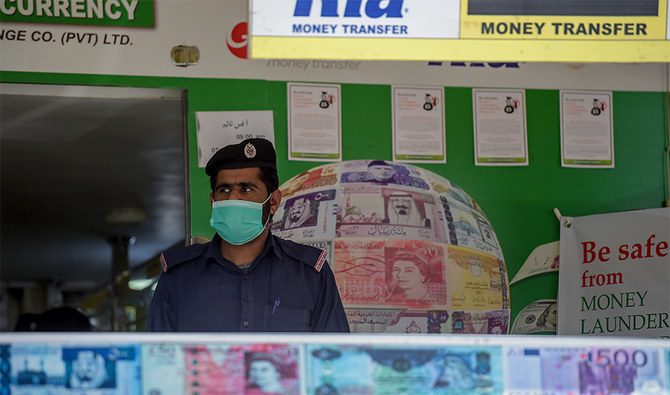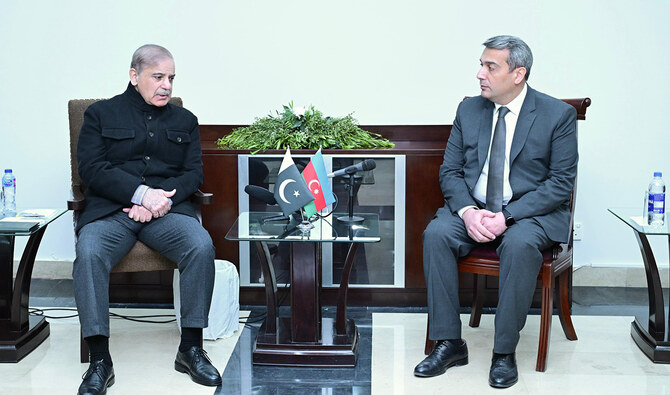ISLAMABAD: Adviser to the Prime Minister on Finance and Revenue, Shaukat Tarin, said on Monday Pakistan’s economy was growing at over 5 percent, adding that foreign reserves had reached $20 billion after deposits of a financial support package from Saudi Arabia.
The South Asian country is facing growing economic challenges, with high inflation, sliding forex reserves, a widening current account deficit and a depreciating currency. Pakistan’s total liquid foreign reserves stand at $22,498.8 million, based on central bank data.
Pakistan’s central bank has raised its benchmark interest rate by 150 basis points to 8.75 percent to counter inflationary pressures.
Inflation had reached 11.5 percent in November, up from 9.2 percent a month earlier. The Pakistani rupee has depreciated more than 11 percent since the start of this year.
“We are witnessing economic growth, which is a fact that cannot be opposed,” Tarin told reporters in Peshawar city. “Two years ago, we were seeing negative growth but now the trend has reversed and according to us it is over 5 percent.”
The adviser said foreign exchange reserves had risen to $20 billion amid fresh deposits from Saudi Arabia.
Pakistan last week received a $3 billion loan from Saudi Arabia as part of an economic support package: “We are utilizing loans to enhance our FX reserves,” Tarin said.
The loan from Saudi Arabia will be for one year at a 4 percent interest rate under the terms of a package signed last month.
The loan comes a week after the International Monetary Fund agreed with Pakistan on measures needed to revive a stalled $6 billion funding program. read more
The completion of the review, pending since earlier this year, would make available 750 million in IMF special drawing rights, or around $1 billion, bringing total disbursements so far to about $3 billion.
Tarin said the country was facing imported inflation due to a number of items including Petroleum, Oil, and Lubricants (POL), edible oil, coal and steel. He said domestic inflation had reduced compared to last year and overall GDP had also decreased on a net basis.
The adviser added that countries around the world, including the US, were facing high inflation, adding that Pakistan’s debt to GDP ratio had reduced by 3.5 percent despite coronavirus-led economic shocks: “If the debt volume increased, so has the GDP.”
















